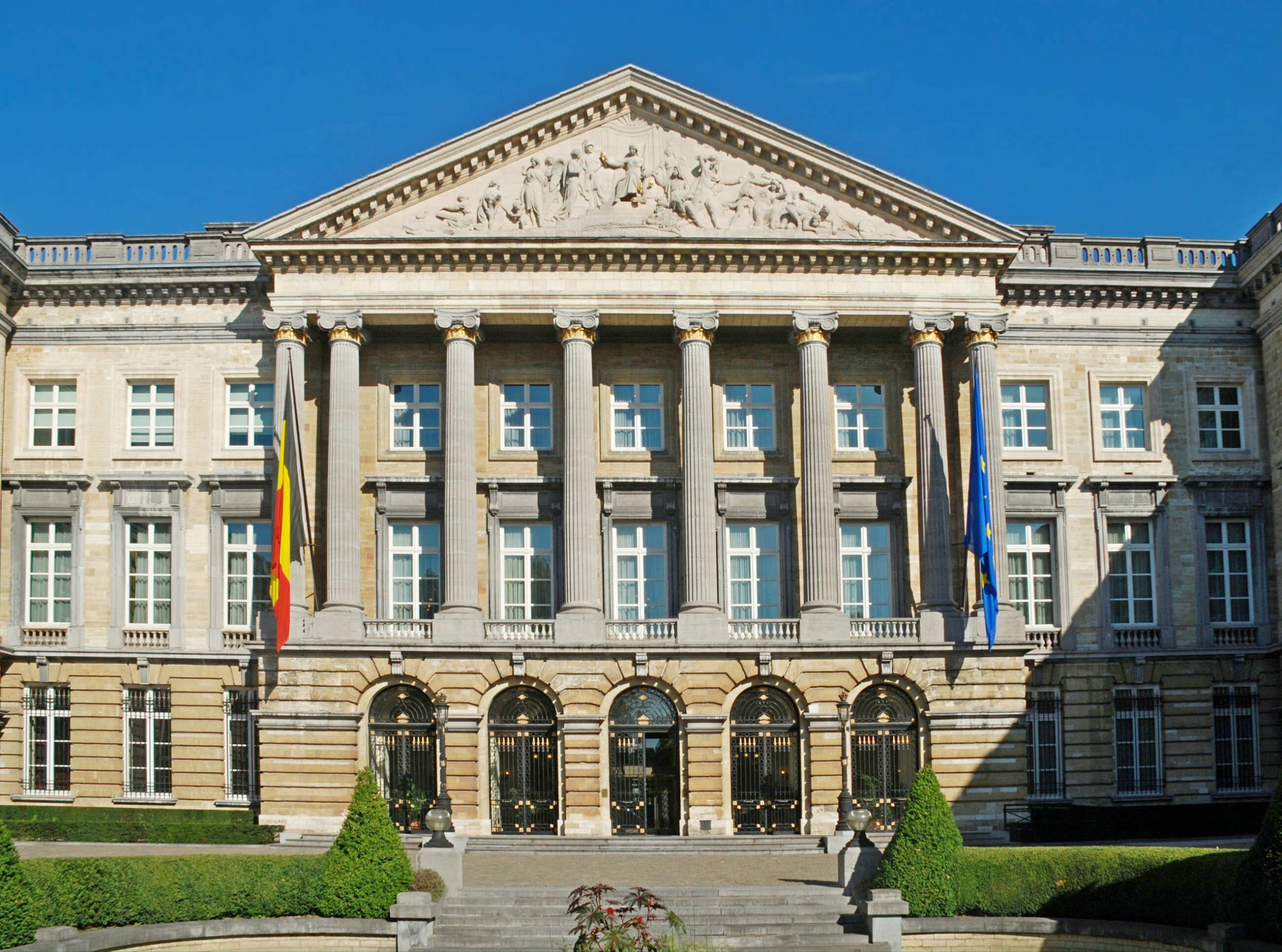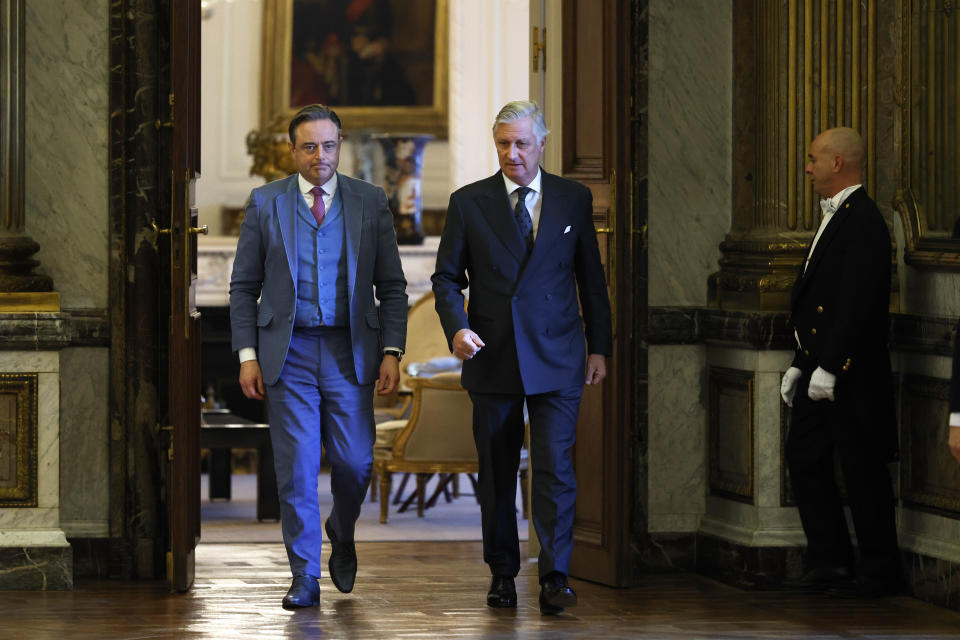Five Belgian political parties reached a coalition agreement on Friday to form a new government led by Flemish conservative Bart De Wever, following more than seven months of difficult negotiations.
The deal paves the way for De Wever to become Belgium’s first nationalist prime minister from the Dutch-speaking Flanders region. However, in recent years, he has softened his stance on advocating for Flanders’ independence.
Channeling Julius Caesar, De Wever posted the Latin phrase “Alea iacta est! [the die is cast]” on social media, accompanied by a photo of him shaking hands with Belgium’s King Philippe.
The royal palace confirmed the formation of a right-leaning coalition, though the agreement must still be formally approved by the participating parties.
Belgium, known for its complex political system and linguistic divide between French- and Dutch-speaking communities, has a long history of prolonged coalition talks. The country set a record with 541 days of negotiations in 2010-2011.
This time, five parties have been working to form a government since the inconclusive June elections, with negotiations led by 54-year-old De Wever after his party secured the most seats.
A Lengthy Road to Agreement
The right and centre-right performed well in June’s elections, leading analysts to anticipate a quicker coalition process than in past years.
However, talks stalled over the summer due to disagreements on addressing Belgium’s budget deficit, which stood at 4.4% of gross domestic product (GDP) in 2023.

Belgium Government
As the mayor of Antwerp since 2013, De Wever has advocated for social benefit cuts and pension system reforms—policies that have already drawn opposition from labor unions.
Amid mounting pressure, De Wever had warned that he would abandon the coalition effort if an agreement wasn’t reached by Friday. A deal was ultimately secured with just hours to spare.
Negotiators worked through a final 60-hour marathon session to resolve remaining disputes within their 800-page governing plan.
The Coalition Structure
The new government consists of three parties from Dutch-speaking Flanders: De Wever’s conservative New Flemish Alliance (N-VA), the centrist Christian Democrats, and the left-leaning Vooruit (Onward).
On the French-speaking Walloon side, the coalition includes the centrist Les Engagés and the centre-right Reformist Movement.
Together, these five parties hold an 81-seat majority in Belgium’s 150-seat parliament.
Economic Challenges and the Path Ahead
Belgium is among seven European Union nations facing disciplinary action for exceeding the bloc’s three-percent GDP deficit limit.
While De Wever is now poised to fulfill his long-standing ambition of becoming prime minister, his N-VA party previously participated in a ruling coalition from 2014 to 2018.
He is set to succeed current Prime Minister Alexander De Croo, whose seven-party coalition—formed after a grueling 493-day negotiation in 2019-2020—has been governing in a caretaker capacity since June’s elections.











































